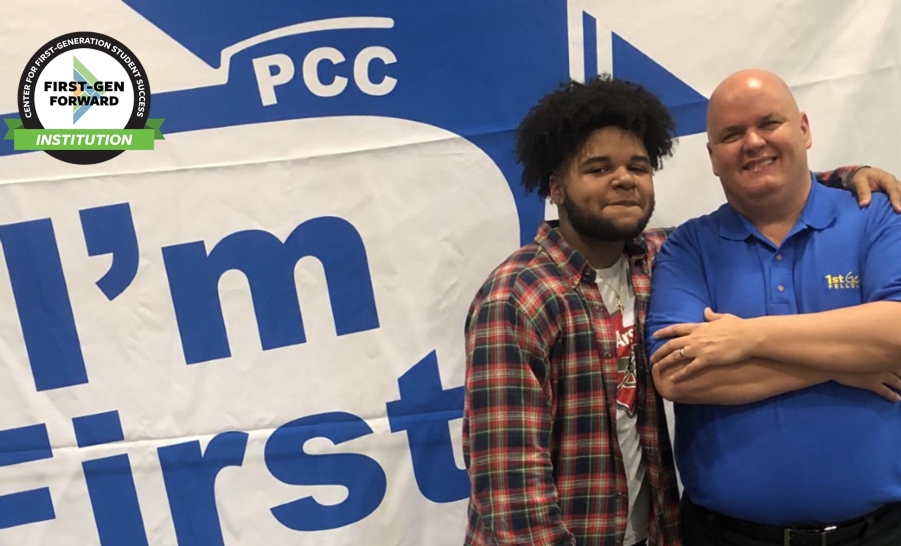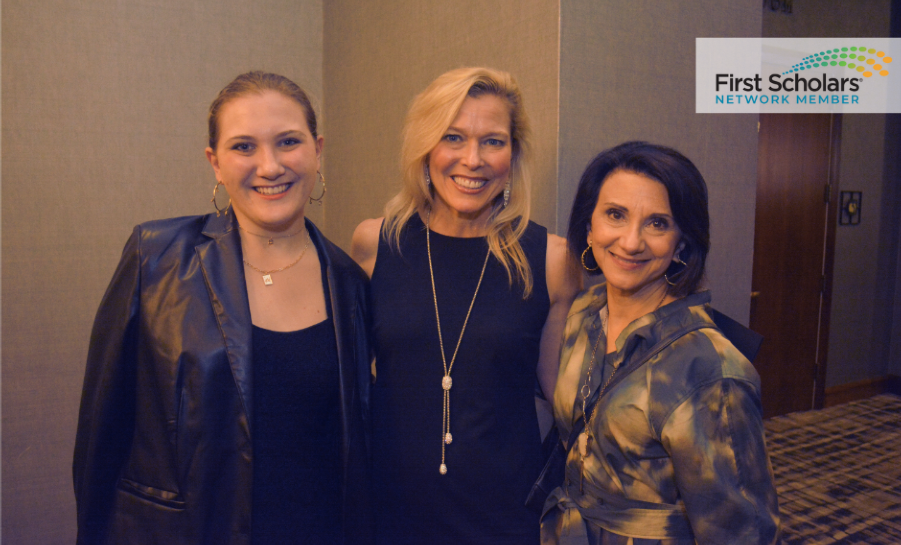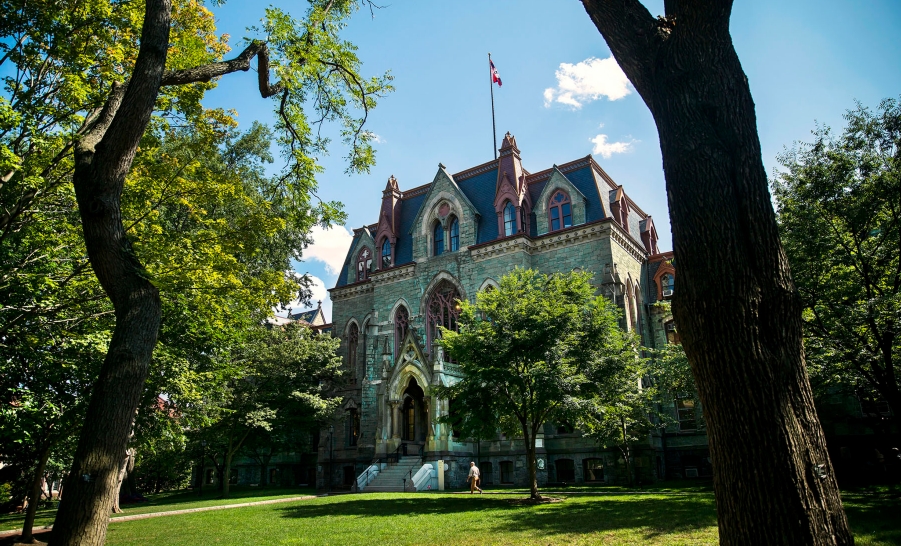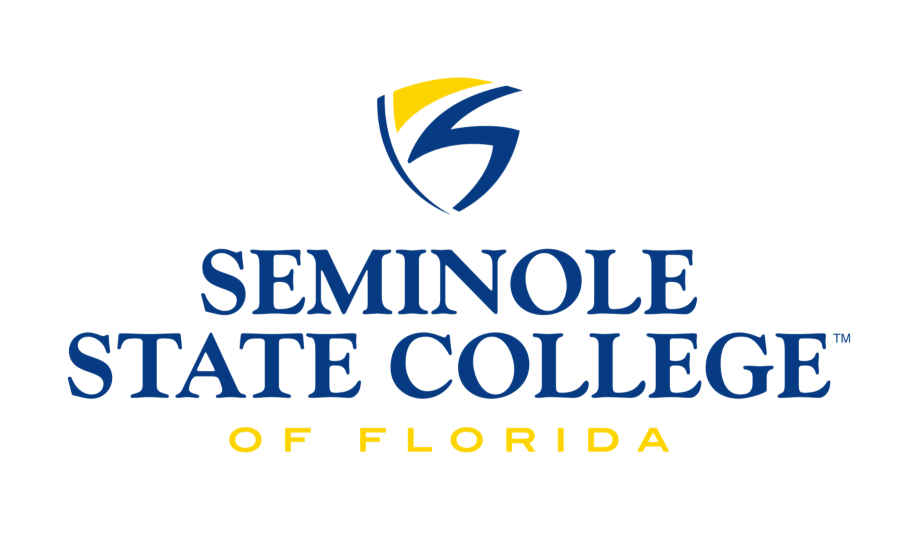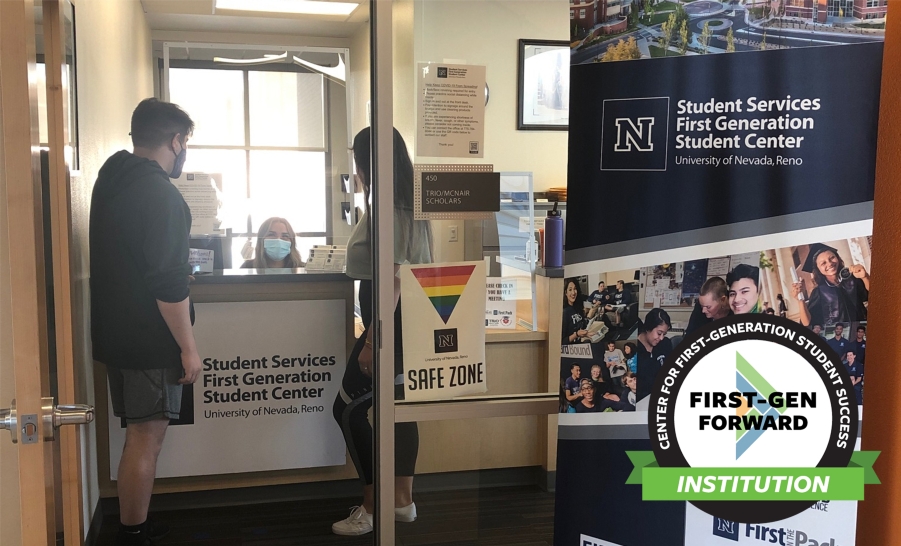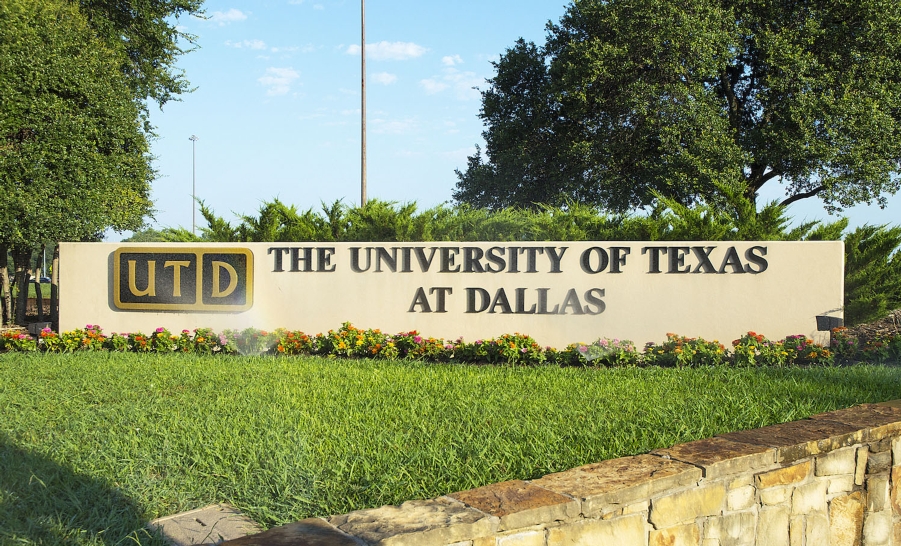Creating a Personalized Experience for All First-gen Students Through Success 360
Christina Irrizary; Amanda Cannada; Ada Rivera; David Ouimette; & Leo Lachut, MA, University of Connecticut / FirstGen Forward / December 09, 2020
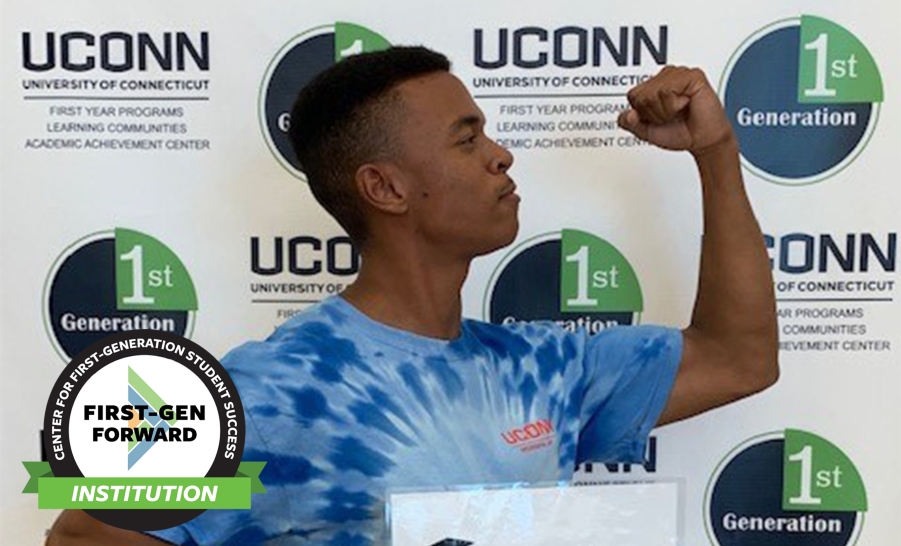
First-generation (FG) students have always attended The University of Connecticut (UConn), but support and services have really skyrocketed in the past five years. FG populations have grown to 25% on the main campus and 50% on the four regional campuses, which has led to a more strategic and asset-based approach. TRiO programs (SSS) at UConn has been providing holistic support to FG students since 1967, but in recent years, the support and services at the institution has grown from FG support for undergraduates, to students in the Law and Medical School, to volunteer staff members calling FG students to create supportive personalized relationships during the pandemic. Over 30 initiatives on campus have been identified as supporting FG students. One specific team on campus that provides individualized support is Success 360, which is a collaboration between strategic staff across campus.
Success 360 is a swift response team that takes a holistic approach on assisting students. The team consists of staff members from the following offices: Financial Aid, Dean of Students, Bursar, First Year Programs, Academic Advising, Student Support Services, Cultural Centers, and Career Coaches. The process to review students' cases begins with a list of bursar holds generated in the Bursars’ office then gets filtered through for review among the staff members in a monthly “situation room” setting to assess what solutions can be arranged.
In the creation of this network of staff members (many who were also first-generation students), we emphasized on building a relationship with the students and with the committee members’ respective offices in order to better serve first generation students who are often unaware of navigating complex challenges such as fee bills, administrative holds, and who to address to resolve these issues.
Success 360 has played a critical role in student’s lives especially during the pandemic where many of them found themselves struggling more than usual both financially and in their courses.
Each member of the team is assigned a group of students that they review prior to the meeting to provide an update such as the amount of money they owe in fees, any “flags” they may have which indicate academic concerns they are facing and review any holds the student may have on their account. This allows the team to reach out to the students to see if there are any pending solutions such as possible payments towards their fees then the cases are presented which allows the members from respective offices present possible solutions. Each case is reviewed in live time so ideas and ways of helping the students are processed swiftly and collaboratively.
Once a plan is determined then follow up quickly occurs. At times, there are three to four different staff members working together on one student to ensure the best possible outcome is on the way. Again, a critical foundation that takes place within this group are the relationships that each office has with each other, the trust and understanding of why student’s information is shared, and the same goal of assisting FG students in navigating college barriers such as finances and academics. Success 360 has played a critical role in student’s lives especially during the pandemic where many of them found themselves struggling more than usual both financially and in their courses. Many members have had virtual or phone meetings after hours to meet the student where they are to help them achieve during these difficult times.
What started as a grassroots effort now has a coordinator, staff volunteers, and an advisory board of top university administrators and stakeholders committed to implementing the success of UConn’s first-gen Students. The ultimate goal of Success 360 is to bring institutional change in how the University engages, supports, and serves first generation students, from the acceptance letter to graduation.
For more information on The University of Connecticut's approach, please visit their website here.
